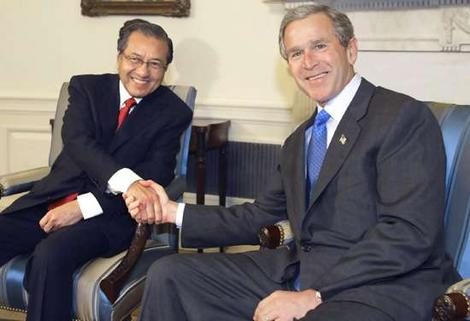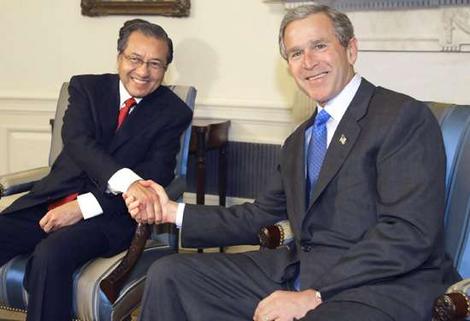How to measure the popularity of an authoritarian government using a dysfunctional electoral system?
Can 60% of popular votes be used as an indicator to suggest that the authoritarian government is indeed popular (and has mass support)?
Barisan Nasional’s (BN) is currently the world’s longest reigning regime, having ruled Malaysia since 1955. But its strength in the Malaysian parliament is not due to popular votes, but due to gerrymandering and malapportionment, among many other reasons. Out of the past 12 elections, only on five occasions (1964, 1974, 1982, 1995 and 2004) did the BN (or its predecessor, the Alliance) win with 60% of the popular votes or more.
What do we make of this – that despite the disproportionate advantages that the BN has, and had – that 40% to 50% of Malaysians never supported them, even at the best of times?
The BN’s best ever performance was during the roaring 90s, under Mahathir Mohamed in 1995 – then too, at only 65% of popular votes.
|
Year |
BN (% of votes won) |
Opposition (% of votes won) |
BN (% of seats in Parliament) |
Opposition (% of seats in Parliament) |
Total no. of seats |
|
1959 |
51.7 |
48.3 |
71.15 |
28.85 |
104 |
|
1964 |
58.5 |
41.5 |
85.58 |
14.42 |
104 |
|
1969 |
49.3 |
50.7 |
66 |
34 |
144 |
|
1974 |
60.7 |
39.3 |
87.66 |
12.34 |
154 |
|
1978 |
57.2 |
42.8 |
84.42 |
15.58 |
154 |
|
1982 |
60.5 |
39.5 |
85.71 |
14.29 |
154 |
|
1986 |
55.8 |
41.5 |
83.62 |
16.38 |
177 |
|
1990 |
53.4 |
46.6 |
70.55 |
29.45 |
180 |
|
1995 |
65.2 |
34.8 |
84.38 |
15.62 |
192 |
|
1999 |
56.5 |
43.5 |
76.68 |
23.32 |
193 |
|
2004 |
63.9 |
36.1 |
90.9 |
9.1 |
219 |
|
2008 |
50.14 |
46.41 |
63.1 |
36.9 |
222 |
With a sluggish global and domestic economy, the discontent in Malaysia with the ruling party, and with an opposition that has been working together consciously for more than 4 years (the first ever in Malaysian history, since the British systematically eradicated the left movement) will things change at Malaysia’s 13th general election?
 Facebook
Facebook  Twitter
Twitter  Soundcloud
Soundcloud  Youtube
Youtube  Rss
Rss 
